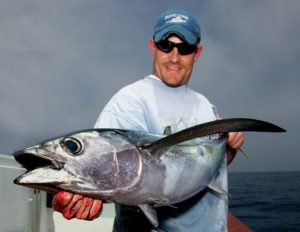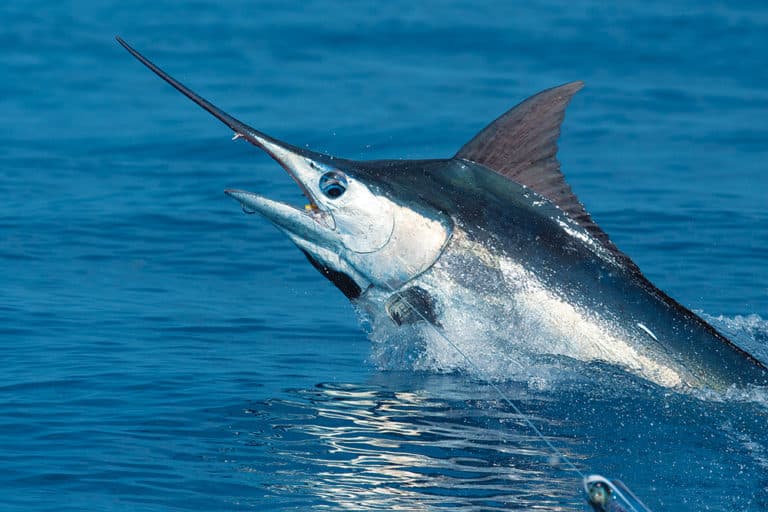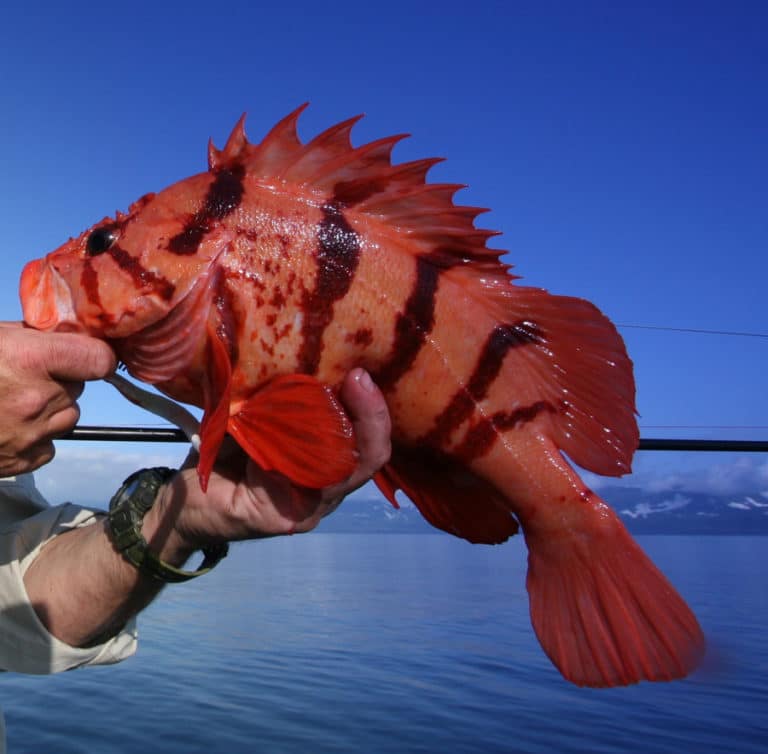
Northeastern great white shark sightings are no longer a rarity. While they’re exciting, fun and dramatic to see, there have been a number of recent attacks. Attacks that started in Massachusetts and moved to Maine have now hit coastal New York. The reason is simple: seals.
Up until 1971, hunters kept Bay State seal populations in check through a bounty system. Five buck a nose was paid, and while the animals’ fur was used the harvest’s main goal was to keep fish populations robust. Kristina Cammen, a marine mammal scientist with the University of Maine, suggests that the 20th Century seal population in New England was reduced from about 135,000 to so few they were nearly extinct. No seals meant no sharks as the apex predators stayed far offshore where they feasted on dead or dying whales.
Our current perfect storm began brewing with the passing of the 1972 Marine Mammal Protection Act (MMPA). The act had a noble goal of resurrecting seal, dolphin and whale populations, and it worked. Seal populations climbed quickly. In fact, from late June through Thanksgiving, barely a day goes by when a shark isn’t spotted near shore.
It wasn’t long before someone got bit. The first one was a decade ago in July, 2012. Christopher Myers was swimming with his son on Cape Cod’s Ballston Beach when a shark left him with eight deep gouges and multiple torn tendons. Six years later in 2018, William Lytton, a 61-year old neurologist from Westchester, New York, was attacked while swimming near resting seals at Cape Cod’s Longnook Beach. He survived, but a month later, 26-year old Arthur Medici did not. Medici was boogie boarding a few beaches away at Newcomb Hollow in Wellfleet. A shark bit his lower body and severed his femoral artery. He died at the scene.
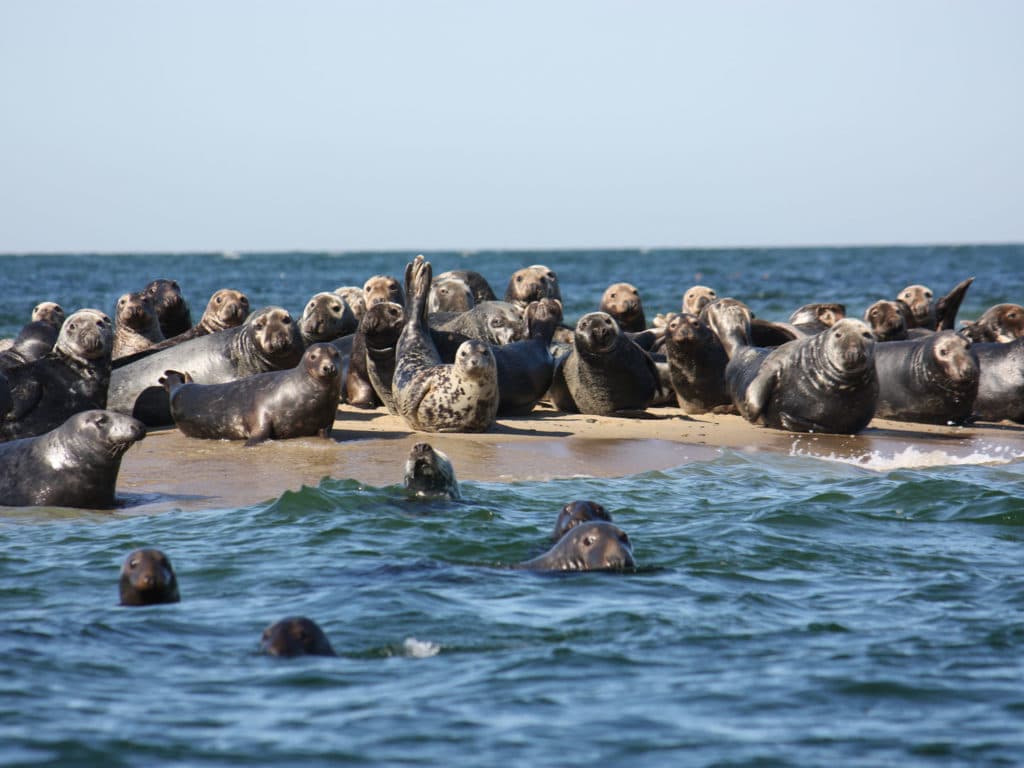
Maine’s seal population has increased as well. In 2020, Julie Dimperio Holowach of New York City was swimming with her daughter off of Bailey Island when she was attacked by a shark. If you think a shark attack in Maine is unusual, then you’d be correct. The University of Florida’s International Shark Attack File has registered only one other unprovoked shark attack in the state since 1837. That’s two attacks in 185 years or about one attack nearly every century.
The current shark hot spot is Long Island, New York. There have been five attacks between June 30-July 13, 2022, registering a 2.5/week average.
On July 13, 2022, a 49-year old Arizona man was bitten in the buttocks at Seaview Beach on Fire Island, Long Island. He was standing in waist-deep water which should give every angler pause. He was the second shark bite of the day, for around 7 AM, 41-year Shawn Donnely suffered a 4-inch bite to his leg while surfing at Smith Point County Park, also on Long Island. The shark knocked him off his surfboard and circled him. Fortunately a wave pushed Donnely to the beach and he survived.
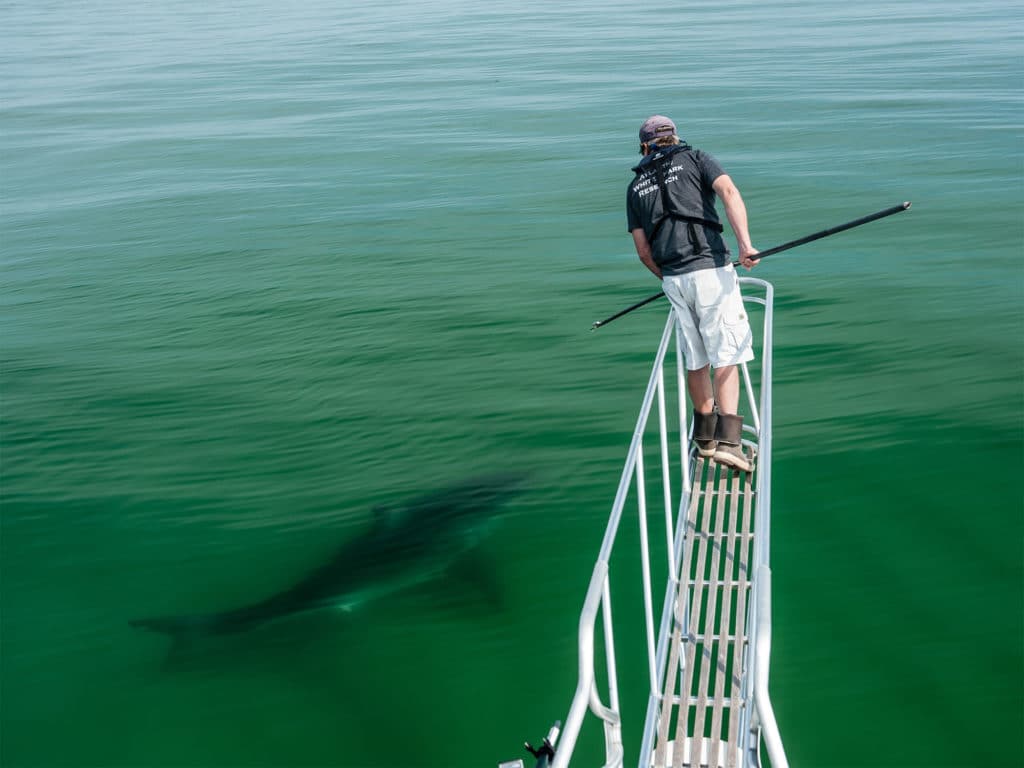
But get this; Donnely wasn’t the first shark bite at that specific beach. The first occurred two weeks earlier on July 3 when Zach Gallo, a lifeguard was bitten by a shark during a training exercise. And the guards were reviewing protocol for ‘what to do when bitten by a shark.’ And he’s not the only lifeguard to have been bitten by a shark. A teenage guard had a bite on his foot on July 7 at Ocean Beach. You honestly can’t make this stuff up.
Long Island’s first attack of the season came on June 30 at Jones Beach when a 37-year old swimmer was bitten in his foot. The answer to that? Get used to it says Christopher Paparo, the manager of Stony Brook University’s Marine Sciences Center. There are a lot more sharks than 10 or 15 years ago, he said. “We’re spotting sharks, whales and dolphins here. In the 1960s, we did not have sharks, whales and dolphins.” Warmer ocean water and significant increases in the menhaden population are cited as reasons for the Long Island shark numbers.
All this shark activity is changing the behavior of fishermen, and there are lots of ways to navigate the situation. Remember the joke about the two pals having a picnic in the woods? They look up and spot a grizzly in the distance and it starts running straight at ‘em. One friend starts running away, while the other casually opens his backpack, takes out his running shoes, changes out of his hiking boots, and starts stretching.
“Are you effing crazy?!” the first friend shouts. “You can’t outrun a bear!”
“I don’t have to outrun the bear,” said the second friend. “I only have to outrun you.”
It’s the same with sharks. Another way is to be careful.


